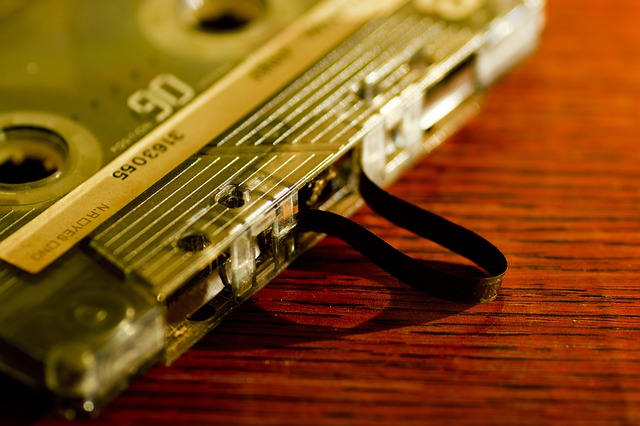By Tim Lambert
There were two sides to life in Britain in the 1980s. On the one hand, there was a severe recession in the years 1980-1982 and there was mass unemployment during the decade. The official unemployment rate stood at 5.3% in May 1979. It rose to 14.1% in 1986 then fell to 5.6% in 1990. On the other hand, for most people with a steady job, there was a significant rise in incomes.
Meanwhile manufacturing the percentage of the workforce in manufacturing industries fell while the percentage in service industries rose, part of a process sometimes called deindustrialisation. The government also privatised certain industries. British Telecom was sold in 1984 and British Gas was sold in 1986.
During the 1980s the government passed laws restricting the powers of the trade unions. The government also had a policy of selling council houses cheaply to their occupiers. So living in a council house became less common. Homeownership became more common.
Until 1982 there were only 3 TV channels in Britain but in that year Channel 4 began broadcasting. In the early 1980s, video players became common and there were many shops where you could hire videos. New games went on sale. Trivial Pursuit was introduced in 1982. It was followed by Pictionary in 1985. In the 1980s long-distance holidays to other continents became common.
In 1980 the Walkman, a portable music player was introduced. CD players went on sale in 1983. Home computers also became popular during the decade.

British society became more humane in the 1980s. For hundreds of years, teachers were allowed to hit children but the cane was abolished in state schools in 1987. A national curriculum was introduced in 1988.
In the late 20th century medicine continued to develop rapidly. In 1980 the World Health Organisation announced that smallpox had been eradicated. However, in 1981 a terrible new disease called AIDS was isolated. The first artificial heart was installed in 1982. The first heart and lung transplant was performed in 1987. In 1983 Magnetic Resonance Imaging or MRI was introduced.
In 1983 wearing a seat belt was made compulsory in Britain. In the same year, 1983 wheel clamps were introduced. The first mobile phone call in Britain was made in 1985.
The microwave oven was invented in 1946. However, in Britain, microwave ovens did not become common until the 1980s. In 1986 a new type of biscuit, Hob Nobs was introduced.
Finally, in 1983 a one-pound coin was introduced. Pound notes ceased to be legal in 1988.